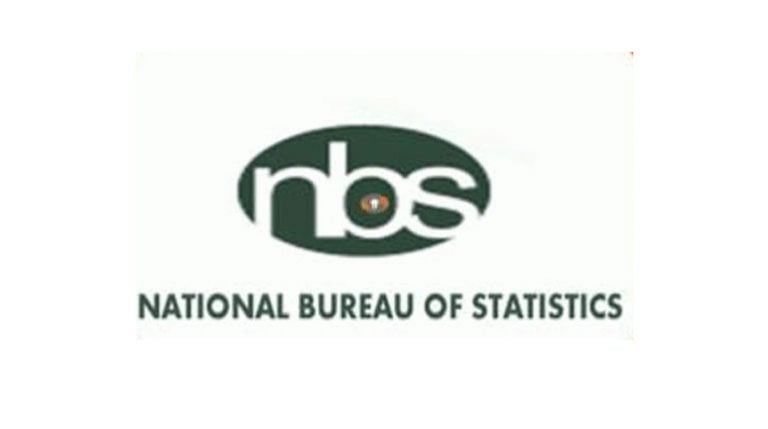Nigeria’s trade with African countries increased by N610 billion in the first half of 2025, reaching N4.82 trillion compared to N4.21 trillion in the same period of 2024, according to the National Bureau of Statistics. The growth was driven by a strong second quarter, where trade surged to N2.97 trillion from N1.98 trillion in Q2 2024, offsetting a slight decline in Q1 (N1.86 trillion from N2.24 trillion in Q1 2024).

Exports fueled the rise, totaling N4.82 trillion in H1 2025, up from N4.21 trillion, with Q2 exports jumping to N2.97 trillion from N1.97 trillion. Imports grew more modestly to N1.82 trillion from N1.13 trillion, with a notable Q1 spike to N1.00 trillion from N401.8 billion. Nigeria maintained a trade surplus of N2.99 trillion in H1 2025, slightly down from N3.08 trillion in H1 2024, with Q2 recording a stronger surplus of N2.15 trillion.
In dollar terms, however, trade growth appears less robust due to naira depreciation. Total trade was $3.13 billion in H1 2025, up from $2.89 billion in 2024 but well below the $4.51 billion in 2019, when the exchange rate was N306.73 to the dollar compared to N1,538.50 in 2025. Exports reached $1.95 billion and imports $1.19 billion, compared to $4.93 billion and $2.89 billion in 2019, reflecting weaker hard-currency volumes.
The trade surge coincides with strained US-Nigeria trade relations, with US imports of Nigerian goods dropping 41% from $639 million in June to $379 million in July 2025, alongside a US tariff hike from 14% to 15%. The impending expiration of the African Growth and Opportunity Act (AGOA) adds uncertainty for non-oil exports like textiles. In response, Nigeria is focusing on the African Continental Free Trade Area and non-oil export growth, with Minister Jumoke Oduwole emphasizing reform and diversification over retaliatory measures.




